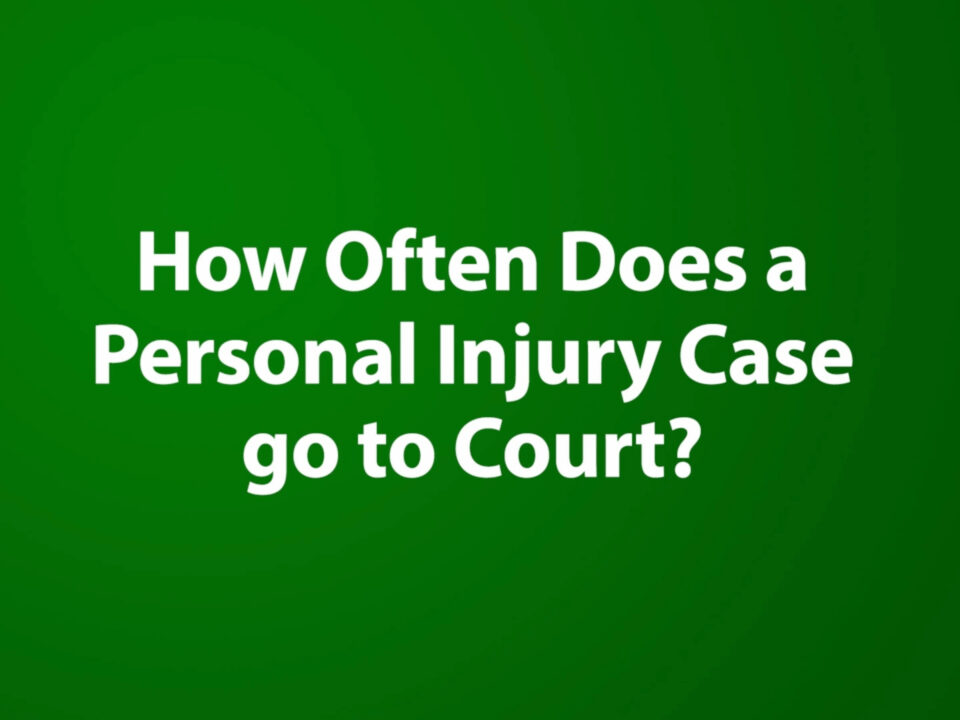
If you do not accept a plea deal offered by prosecutors in your case, your criminal case will eventually proceed to trial. Most people picture a “trial” as being a large and formal proceeding before a judge in which impassioned and persuasive speeches are made by attorneys to 12 jurors who then decide the defendant’s fate. While this picture is factually accurate – in the vast majority of trials, there are statements and speeches to jurors who decide the outcome of the case – a trial by jury is not the only type of “trial” that may occur. Jury trials are not the only type of trial available. And knowing the options available to you can help you make an informed choice regarding the best way for you to proceed.
Jury Trial
In determining whether a jury trial is the most appropriate forum to resolve your case, it is helpful to reflect on the benefits and disadvantages that jury trials can provide. These include
- Common sense/reasonableness: Unlike lawyers and law-trained judges, jurors often do not focus on technical legal arguments or wordy statutes. Instead, they tend to reach a verdict based on what is easy for them to understand based on their real-world experience and common sense.
- Compassion / Mercy: Juries are not supposed to decide a criminal case based upon considerations of sympathy or emotion (whether for or against the defendant), but this does not mean juries always follow this instruction. In fact, there have been cases in which a defendant has admitted responsibility for committing a criminal act but has explained his or her actions in such a way that the jury voted to acquit the individual. (Note: This is not a strategy that works in all cases. Your attorney can help you determine whether this consideration should be a factor in your decision whether to proceed to trial by jury.)
- Potential bias: These benefits need to be considered against the disadvantages of a jury trial. In a community that is supportive of law enforcement or that is biased against individuals accused of committing a particular type of crime, proceeding with a jury trial may not be a great idea.
Bench Trials: Let the Judge Decide the Case
You may choose also to have a judge decide your case instead of a jury. This is known as a bench trial. This is the only real and substantial difference between bench trials and jury trials; the same rules of evidence applicable in a jury trial would apply in a bench trial and the same procedure would be followed. Bench trials are less expensive (generally speaking) to conduct and often result in a faster presentation of evidence as well as a faster verdict. Not only this, but some legal practitioners believe that bench trials are preferable to jury trials when the case involves a particular legal nuance or complicated statute. In these cases, proponents say judges are better able to appreciate the complicated legal arguments made by the attorneys and have – or should have – the skills to be able to better read the law.
Stipulated Facts: Preserving a Legal Argument
If you and your attorney do not dispute the facts but you want to preserve your ability to appeal a legal issue (if, for example, you believe a law is unconstitutional or that a search violated your rights), you may choose to create a set of stipulated facts with the prosecution and then submit these facts to the court for consideration.
Speak with Your Criminal Defense Law Firm Today
Whether a jury trial, a stipulation of facts or bench trial is appropriate for your case, you and your attorney must discuss, as every case is unique. Tatum O’Brien of O’Keeffe O’Brien Lyson Attorneys works with her North Dakota and Minnesota criminal defense clients to develop a strategy to address the clients’ criminal charges in an effective and successful manner. Contact O’Keeffe O’Brien Lyson Attorneys today, or call 701-235-8000 or 877-235-8002.



